John Eiler Named 2026 Recipient of V. M. Goldschmidt Award
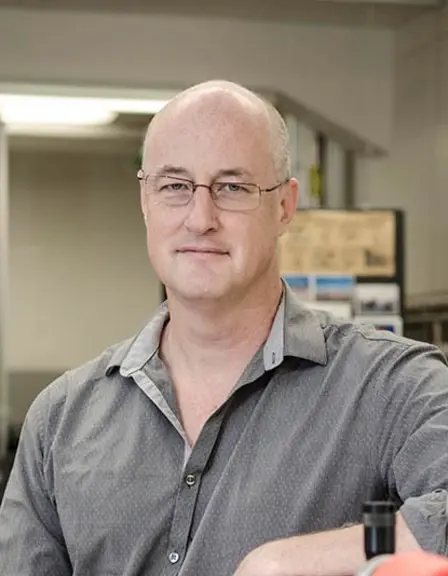
John Eiler will receive the 2026 V. M. Goldschmidt Award, the society's highest honor, presented annually for major achievements in geochemistry over a career. More…
Steven Rowland Named 2026 Recipient of Alfred Treibs Award
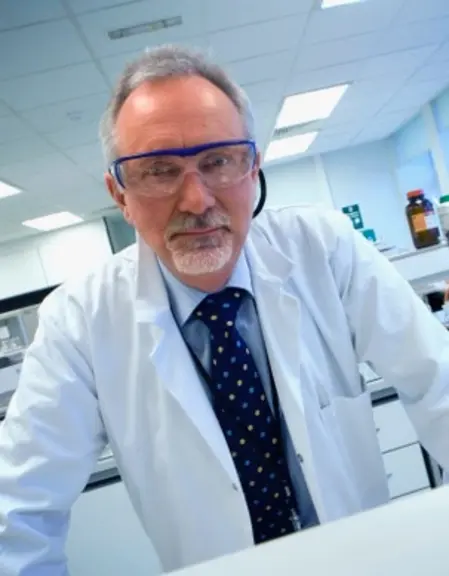
Steven Rowland will receive the 2026 Alfred Treibs Award, given for major achievements, over a period of years, in organic geochemistry. More…
Robert Mason Named 2026 Recipient of Clair C. Patterson Award
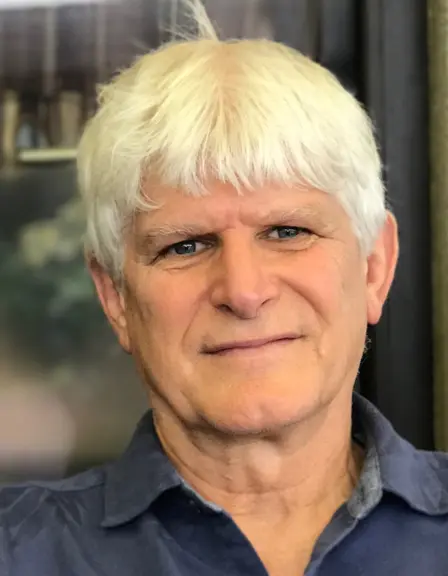
Robert Mason will receive the Clair C. Patterson Award, presented annually for an innovative breakthrough in environmental geochemistry of fundamental significance within the last decade, particularly in service to society. More…
Melisa Diaz Named 2026 Recipient of F. W. Clarke Award
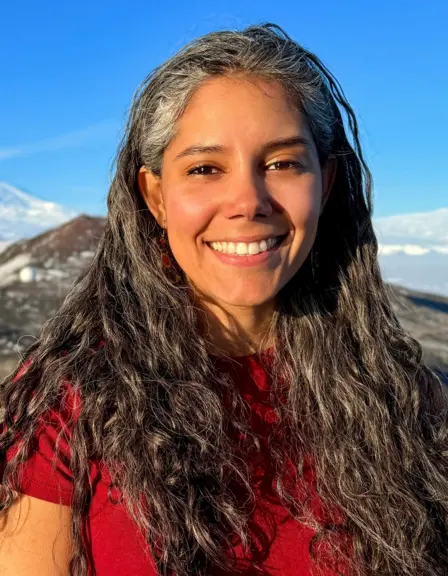
Melisa Diaz will receive the 2026 F. W. Clarke Award, presented for a single outstanding contribution to geochemistry or cosmochemistry by an early-career scientist. More…
Francien Peterse to Receive John Hayes Award
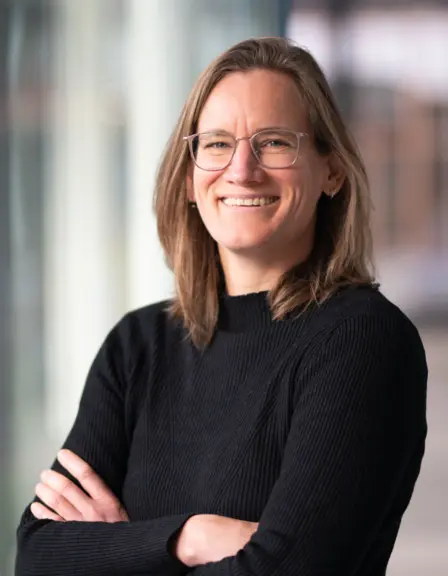
Francien Peterse will receive the John Hayes Award, given to a mid-career scientist for outstanding accomplishments that draw together multiple fields of investigation to advance biogeochemical science. More…
Elements: Earth’s Carbon Cycle Thermostat: Beyond the Textbook Model
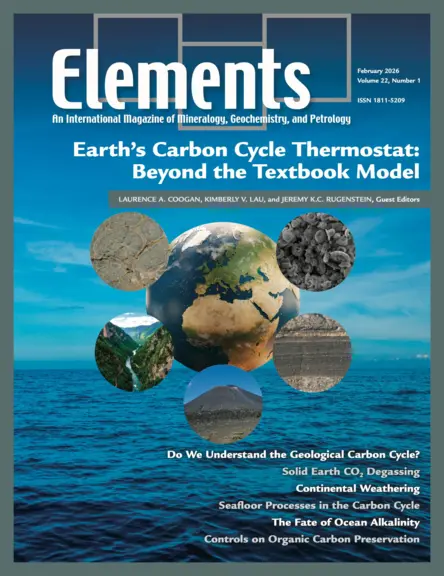
February's issue discuses Earth’s geological carbon cycle. More…
New Members Join Board of Directors
Shogo Tachibana, Janne Koornneef, and Zhen Wang were elected to the Geochemical Society Board of Directors. More…
Elements: The Variscan Orogeny in Europe – Understanding Supercontinent Formation
The Variscan Orogeny in Europe – Understanding Supercontinent Formation More…
Vote in the GS Board Election
All current GS members are entitled to vote in the annual Board of Directors election. The board governs the society throughout the year and represents the interests of the membership. Please take a moment to review the candidates and vote. The election is open until 22 December. If you have not received your ballot by email, please let us know at gsoffice@geochemsoc.org. More…
Annual GS Members Meeting

The GS will hold its annual meeting of the membership on Tuesday, December 9 at 10:00 EDT. Society President Liz Sikes will present an update on programs and finances, followed by an open discussion. All Geochemical Society members are encouraged to attend. The meeting will take place virtually via Zoom. More…
